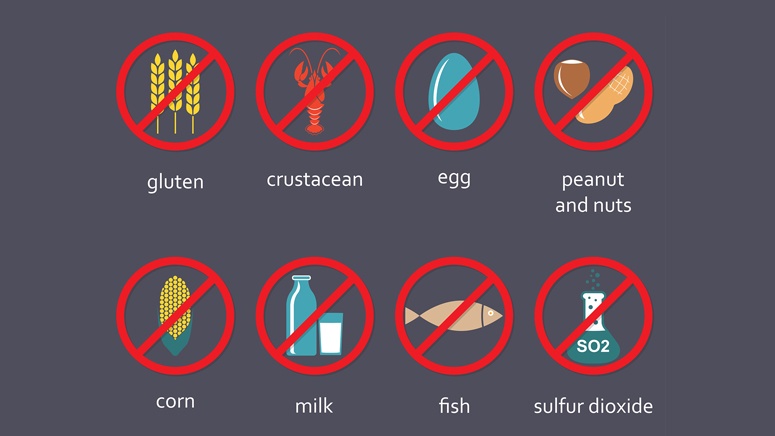Specific Diets that are used in Treating IBS

In some cases, patients may have to stick to specific diets [3] and specific foods to help relieve their symptoms and help in treating IBS. Here are some common diets that can be used and the foods involved.
- GLUTEN-FREE DIET: Some people are allergic to a protein known as gluten present in some foods like bread and pasta. Gluten can cause severe allergic reactions in the gut of those who are allergic to it, leading to damage of the intestines and causing IBS symptoms in such people. People with such intolerance to gluten will have to stay away from foods like barley, rye and wheat. They can also purchase gluten-free food options for foods like pasta and bread.
- HIGH FIBER DIET: a high fiber diet will include foods like fruits and vegetables. Fiber helps to bulk up the stool, improve bowel movement and prevent constipation. Normally, an adult should eat 20-35 grams of fiber every day. A high fiber diet can be beneficial for those suffering from IBS with constipation as the predominant symptom.
- LOW FIBER DIET: in some IBS cases, a high fiber diet would only lead to worsening of symptoms, so it may be better to stick to a low fiber diet or diet that consists of soluble fiber. Foods like apples, carrots, oatmeal, berries, etc. are rich in soluble fiber. Soluble fiber, unlike insoluble fiber, dissolves in water and does not add extra bulk to stool. While following a low fiber diet plan, foods like whole grains, nuts, tomatoes, raisins, cabbage, etc. that contain insoluble fiber will be avoided or taken in very little quantity.
- LOW-FAT DIET: foods high in fat are known to be low in fiber, and this is not usually very good for people suffering from Irritable Bowel Syndrome, most especially those suffering from a mixed type of IBS. A low-fat diet is usually very good for heart health and helps to improve bowel movement. A low-fat diet would include; lean meats, fruits, vegetables, grains and dairy products that are low in fat.
- ELIMINATION DIET: in this type of diet, specific foods are removed from the regular diet to relieve IBS symptoms. The major foods that are commonly eliminated are; chocolate, coffee, insoluble fiber and nuts. People who are lactose intolerant may also eliminate some dairy products from their diet and replace them with non-dairy options. Just eliminating these foods from the regular diet may be all that is needed to provide long-lasting relief in some people with Irritable Bowel Syndrome.
- LOW FODMAP DIET: FODMAP is an acronym that stands for Fermentable Oligosaccharides, Disaccharides, Monosaccharides and Polyols. These are carbohydrates that are difficult to digest and cause absorption of water into the intestines leading to the production of gas, bloating and diarrhea. Not all carbohydrates are under this category. A low FODMAP diet can be maintained for about 6-8 weeks to improve the symptoms of IBS. Some of the foods under this category that will be avoided or eliminated are;
- Fruits like peaches, pears, watermelon, plums and nectarines
- High fructose corn syrup
- Lactose containing foods like milk, ice cream and cheese
- Sweeteners, and many others.













